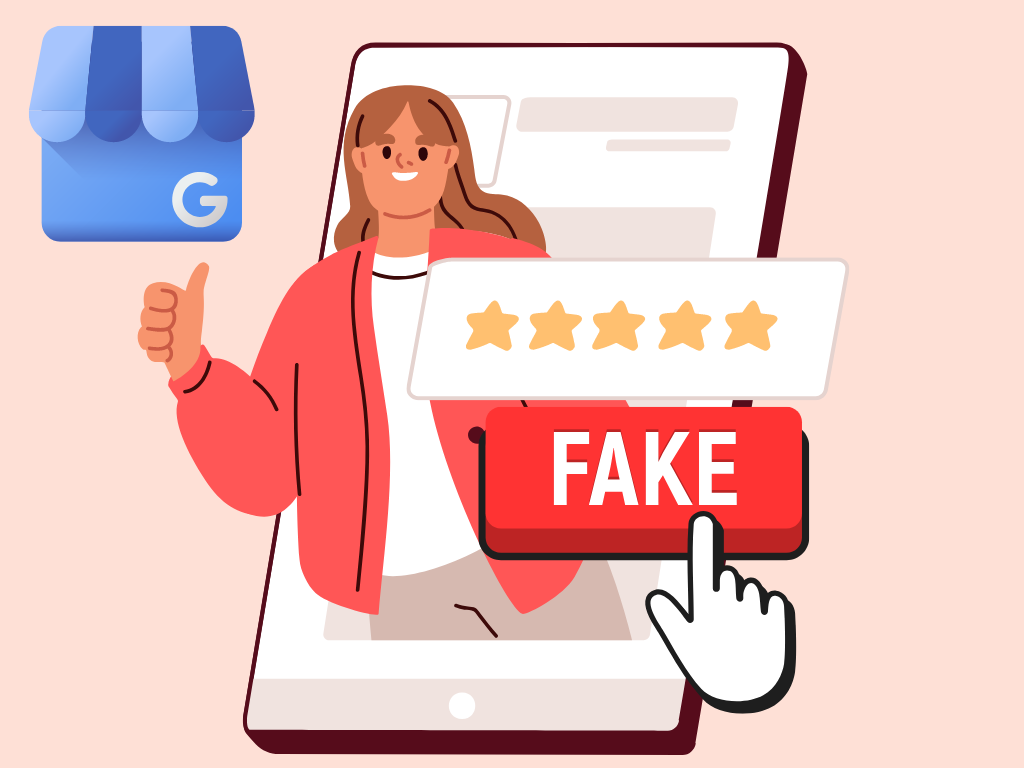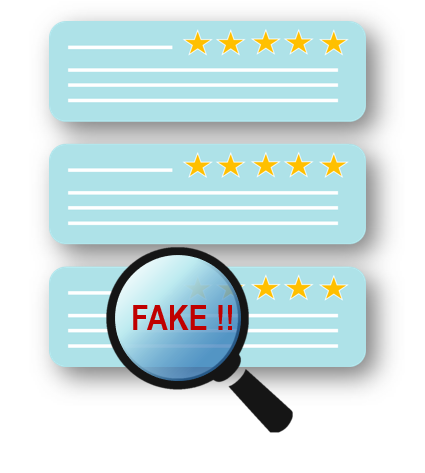
The development of technology has greatly benefited humankind but has also exposed the negative aspects of humanity.
One such negative aspect of the technology is the fake and misleading online reviews.
Online reviews play a crucial role in shaping consumer perceptions and influencing new prospects for booking a stay in a hotel.
Having such a potential impact on public perception, consider the consequences of fake or biased reviews written in exchange for money without any factual basis.
This article will delve into the understanding of fake reviews and strategies to handle them.
Understanding the Impact of Fake Online Reviews
Online reviews have become a cornerstone of consumer decision-making.
“According to a survey by BrightLocal, 87% of consumers read online reviews for local businesses, and 79% trust online reviews as much as personal recommendations.”
Source: Internet
This reliance on reviews underscores the importance of ensuring their authenticity.
Fake reviews can damage a business in multiple ways.
They can lead to a loss of trust, a decrease in sales, and even legal consequences.
“A study by Harvard Business School found that a one-star increase in a Yelp rating can lead to a 5-9% increase in revenue. Conversely, fake negative reviews can significantly harm a business’s bottom line.”
Source: Internet
Identifying Fake Reviews

The review provided must first be identified as a fake review because a genuine review treated as a fake one will impact the hotel’s reputation to a greater extent.
The Red Flags to Look for in identifying fake reviews are:
1. Generic Language: Fake reviews often use vague or generic language that lacks specific details about the guest’s stay.
2. Extreme Ratings: Extremely negative reviews without balanced feedback can be a sign of falsity.
3. Reviewer Activity: Check the reviewer’s profile. A new account with multiple reviews posted in a short span may indicate a fake reviewer.
Strategies to Handle Fake Online Reviews
1. Monitor Reviews Regularly
Use reputation management software to monitor reviews across multiple platforms.
Tools like ReviewTrackers and Trustpilot can help you stay on top of new reviews and identify suspicious activity early.
2. Respond Professionally
Always respond to fake reviews professionally. Thank the reviewer for their feedback and provide a balanced response.
For example:
“Dear [Reviewer], thank you for your feedback. We take all reviews seriously and are committed to providing excellent service. However, we have no record of your stay. Please contact us directly at [email] to discuss your concerns.”
3. Report to the Platform
Most review platforms have mechanisms to report fake reviews.
Provide evidence, such as booking records, to support your claim.
Platforms like TripAdvisor and Google take such reports seriously and will investigate.
4. Engage Legal Counsel
In severe cases, where fake reviews significantly damage your business, consider legal action.
Consult with legal counsel to understand your options.
In 2019, a Florida hotel successfully sued a guest for defamation over a fake review, setting a precedent for such actions.
Real-Life Example: TripAdvisor’s Fight Against Fake Reviews

TripAdvisor has implemented rigorous algorithms and a dedicated team to combat fake reviews.
In 2018, the platform blocked over 1 million fake reviews and fined businesses found guilty of purchasing reviews.
Data-Driven Insights
Statistics on Fake Reviews
Incidence Rate: A study by Fakespot estimated that 30% of online reviews are fake.
Consumer Awareness: According to BrightLocal, 49% of consumers believe they’ve read a fake review in the past year.
Impact on Business Revenue
Revenue Loss: Businesses affected by fake negative reviews can see a revenue decline of up to 15%.
Customer Trust: 68% of consumers say they lose trust in a brand when they read fake reviews.
Conclusion
In the dynamic world of the hospitality industry, the ability to effectively manage fake online reviews is not just a skill—it’s a necessity.
Fake reviews, if left unchecked, can tarnish your hotel’s reputation, mislead potential guests, and impact your bottom line.
However, with the right strategies in place, you can turn this challenge into an opportunity to showcase your commitment to transparency and guest satisfaction.
Remember, the key to mastering fake reviews lies in a proactive approach: stay vigilant, act swiftly, and maintain open communication with your guests.
By doing so, you not only protect your business but also build a foundation of trust and credibility that will attract many new potential customers.
Coming to the end of the Guest Feedback 360 series the last article will provide insights on the impact of the success stories showing the impact of the guest feedback.